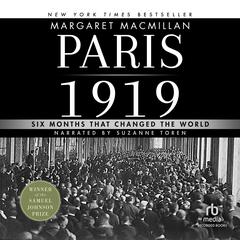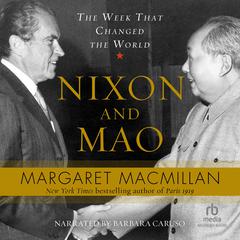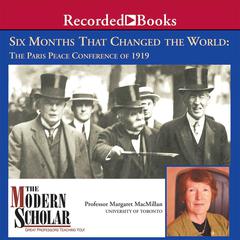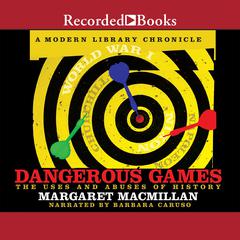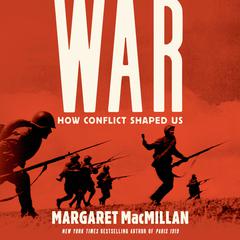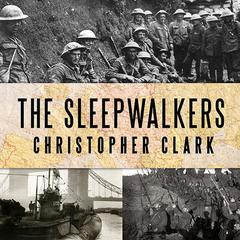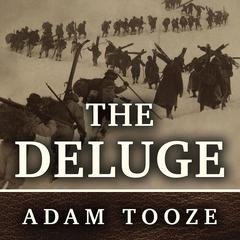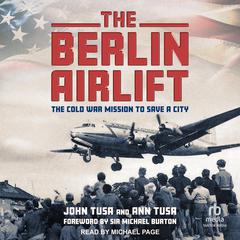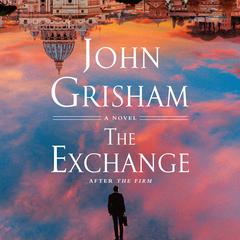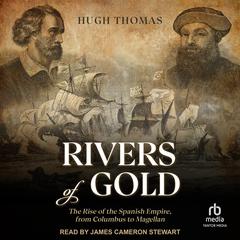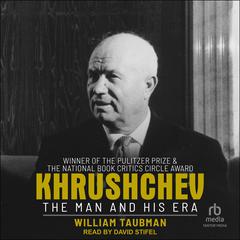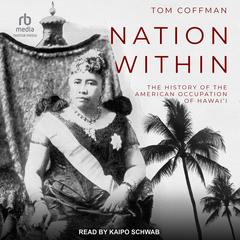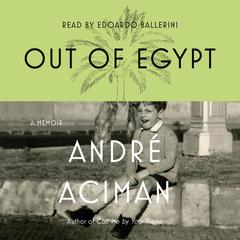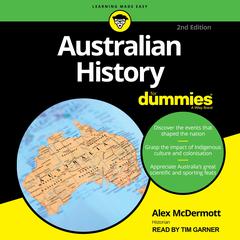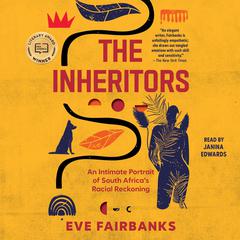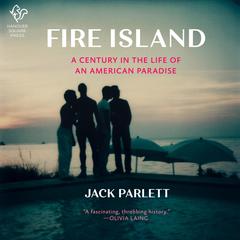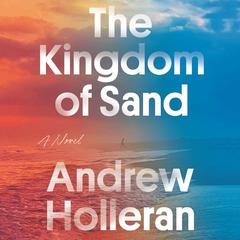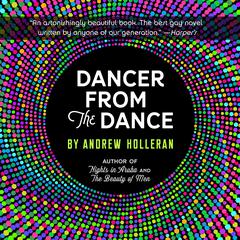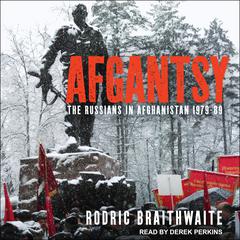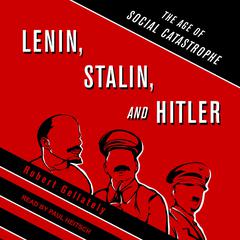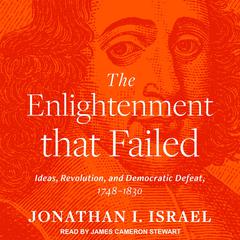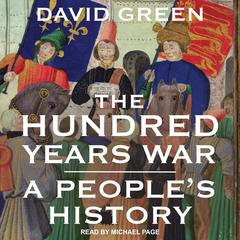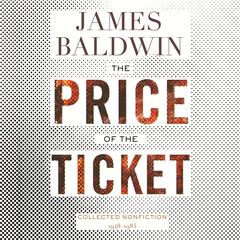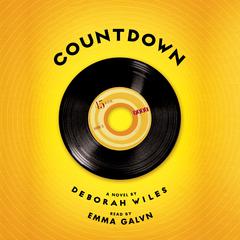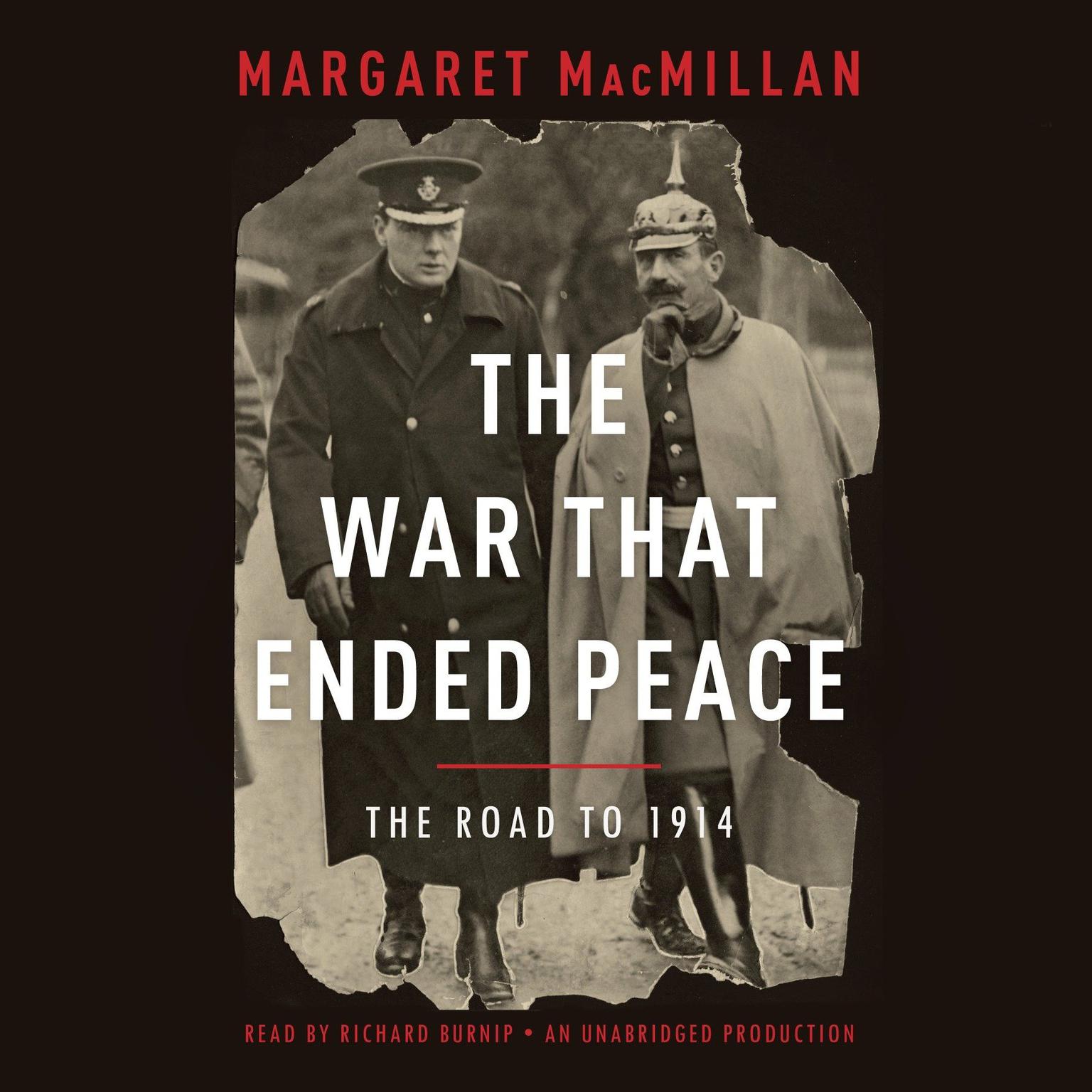 Play Audiobook Sample
Play Audiobook Sample
The War That Ended Peace: The Road to 1914 Audiobook
 Play Audiobook Sample
Play Audiobook Sample
Quick Stats About this Audiobook
Total Audiobook Chapters:
Longest Chapter Length:
Shortest Chapter Length:
Average Chapter Length:
Audiobooks by this Author:
Publisher Description
NAMED ONE OF THE BEST BOOKS OF THE YEAR BY The New York Times Book Review • The Economist • The Christian Science Monitor • Bloomberg Businessweek • The Globe and Mail From the bestselling and award-winning author of Paris 1919 comes a masterpiece of narrative nonfiction, a fascinating portrait of Europe from 1900 up to the outbreak of World War I. The century since the end of the Napoleonic wars had been the most peaceful era Europe had known since the fall of the Roman Empire. In the first years of the twentieth century, Europe believed it was marching to a golden, happy, and prosperous future. But instead, complex personalities and rivalries, colonialism and ethnic nationalisms, and shifting alliances helped to bring about the failure of the long peace and the outbreak of a war that transformed Europe and the world. The War That Ended Peace brings vividly to life the military leaders, politicians, diplomats, bankers, and the extended, interrelated family of crowned heads across Europe who failed to stop the descent into war: in Germany, the mercurial Kaiser Wilhelm II and the chief of the German general staff, Von Moltke the Younger; in Austria-Hungary, Emperor Franz Joseph, a man who tried, through sheer hard work, to stave off the coming chaos in his empire; in Russia, Tsar Nicholas II and his wife; in Britain, King Edward VII, Prime Minister Herbert Asquith, and British admiral Jacky Fisher, the fierce advocate of naval reform who entered into the arms race with Germany that pushed the continent toward confrontation on land and sea. There are the would-be peacemakers as well, among them prophets of the horrors of future wars whose warnings went unheeded: Alfred Nobel, who donated his fortune to the cause of international understanding, and Bertha von Suttner, a writer and activist who was the first woman awarded Nobel’s new Peace Prize. Here too we meet the urbane and cosmopolitan Count Harry Kessler, who noticed many of the early signs that something was stirring in Europe; the young Winston Churchill, then First Lord of the Admiralty and a rising figure in British politics; Madame Caillaux, who shot a man who might have been a force for peace; and more. With indelible portraits, MacMillan shows how the fateful decisions of a few powerful people changed the course of history. Taut, suspenseful, and impossible to put down, The War That Ended Peace is also a wise cautionary reminder of how wars happen in spite of the near-universal desire to keep the peace. Destined to become a classic in the tradition of Barbara Tuchman’s The Guns of August, The War That Ended Peace enriches our understanding of one of the defining periods and events of the twentieth century. Praise for The War That Ended Peace “Magnificent . . . The War That Ended Peace will certainly rank among the best books of the centennial crop.”—The Economist “Superb.”—The New York Times Book Review “Masterly . . . marvelous . . . Those looking to understand why World War I happened will have a hard time finding a better place to start.”—The Christian Science Monitor “The debate over the war’s origins has raged for years. Ms. MacMillan’s explanation goes straight to the heart of political fallibility. . . . Elegantly written, with wonderful character sketches of the key players, this is a book to be treasured.”—The Wall Street Journal “A magisterial 600-page panorama.”—Christopher Clark, London Review of Books
Download and start listening now!
“Richard Burnip, a British actorand historian, is ideally suited to narrate this long and informative book. Hiscadence makes the words come alive and conveys the meaning of the narrativemuch more completely than the printed page alone. His voice rises and fallswhen the text needs emphasis, for example, and his pace is ideal forcomprehension. This book is a study of how the actions of various people aroundthe globe—from leaders of nations, such as Kaiser Wilhelm II, to haplessofficials in various ministries—coalesced to push the world into WWI.Attitudes, missteps, egos, blunders, fanaticism, racism, idealism—they’re allhere.”
— AudioFile
Quotes
-
“These epic events [are] brilliantly described by one of our era’s most talented historians…This is one of the finest books I have ever read on the causes of World War I.”
— Madeleine Albright, former Secretary of State -
“In this epic tale of human folly, MacMillan brilliantly explores the minds of the flawed, fascinating men whose misguided decisions led to a conflagration that few wanted or believed would actually happen. The War That Ended Peace is a must-read book for our time.”
— Lynne Olson, New York Times bestselling author of Those Angry Days -
“A masterly explanation of the complex forces that brought the Edwardian world crashing down. Utterly riveting, deeply moving, and impeccably researched, Margaret MacMillan’s latest opus will become the definitive account of old Europe’s final years.”
— Amanda Foreman, New York Times bestselling author of A World on Fire -
“Elegantly written, with wonderful character sketches of the key players, this is a book to be treasured.”
— Wall Street Journal -
“Magnificent…The War That Ended Peace will certainly rank among the best books of the centennial crop…Deftly navigates the roiling currents and countercurrents of the pre-war decades…The Great War had a kaleidoscope of causes. Ms. MacMillan tackles them all, with [a] blend of detail and sweeping observation.”
— Economist -
“One of the strengths of The War That Ended Peace is MacMillan’s ability to evoke the world at the beginning of the twentieth century…MacMillan’s portraits of the men who took Europe to war are superb.”
— New York Times Book Review -
“With laser-like clarity, she describes how European leaders, politicians, diplomats, generals, bankers, and admirals consciously or unconsciously aided the descent into a conflagration that killed more than fifteen million men and women. A history as gripping and suspenseful as any battlefield narrative.”
— BarnesandNoble.com, editorial review -
“Highly readable.”
— Nation -
“A magisterial six-hundred-page panorama…a lively and sophisticated overview of the international crises that shook prewar Europe . . . MacMillan is a wry and humane chronicler of this troubled world.”
— London Review of Books -
“Masterly…marvelous...MacMillan is a master of narrative detail and the telling anecdote, and this makes for a lively read. She does not break new ground in this book as much as present an exceptionally complex story in a way that will appeal to the general reader. Those looking to understand why World War I happened will have a hard time finding a better place to start.”
— Christian Science Monitor -
“Margaret MacMillan’s The War That Ended Peace [stands] out because [it reflects] the immensely complex web of politics, power, and relationships that made war possible, if not inevitable.”
— Daily Beast -
“[A] richly textured narrative about World War I…MacMillan tells this familiar story with panache.”
— Publishers Weekly (starred review) -
“A first-rate study, necessary for all World War I collections. Highly recommended.”
— Library Journal (starred review) -
“With sure deftness, Margaret MacMillan manages to combine excellent history with elements of the cliff-hanger.”
— Sir Alistair Horne, author of The Price of Glory -
“Thorough…lively…Exhaustive in its coverage of diplomatic maneuvering and the internal political considerations of the various nations, the book includes comprehensive discussions of such motivating issues as Germany’s fears of being surrounded, Austria-Hungary’s fears of falling apart, and Russia’s humiliation after losing a war with Japan.”
— Kirkus Reviews
Awards
-
One of the New York Times Book Review 100 Notable Books for 2013
-
An Economist Best Book of 2013
-
A Christian Science Monitor Book of the Year for 2013
-
One of the Globe and Mail (Toronto) Best Books of 2013
The War That Ended Peace Listener Reviews
- — Guy Seela, 11/18/2017
About Margaret MacMillan
Margaret MacMillan is the author of several acclaimed, award-winning books. They include Paris 1919, The War That Ended Peace, Nixon and Mao, Dangerous Games, and Women of the Raj. She is professor emerita of international history at the University of Oxford and professor of history at the University of Toronto. She received her PhD from Oxford University and became a member of the history faculty at Ryerson University in 1975. In 2002 she became Provost of Trinity College at the University of Toronto, and from 2007 to 2017 she was the Warden of St. Antony’s College at Oxford University.
About Richard Burnip
Richard Burnip is an actor, writer, and historian whose work includes theater, documentaries, audiobooks, and lectures. He has recorded more than seventy audiobooks, including thrillers, histories, biographies, and children’s books. His voice-over work includes documentaries, computer games, multimedia installations, and websites.




